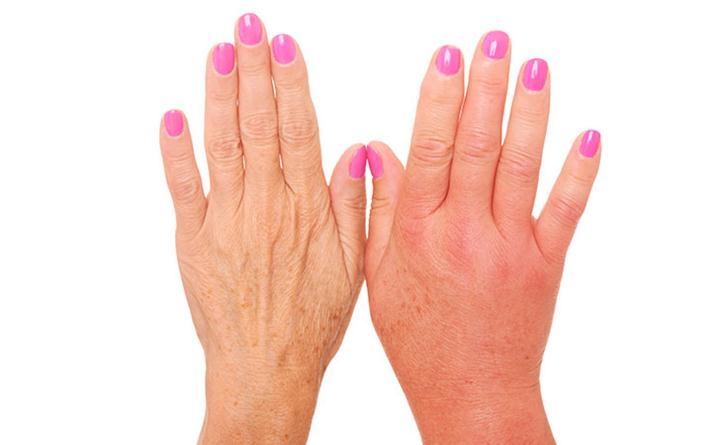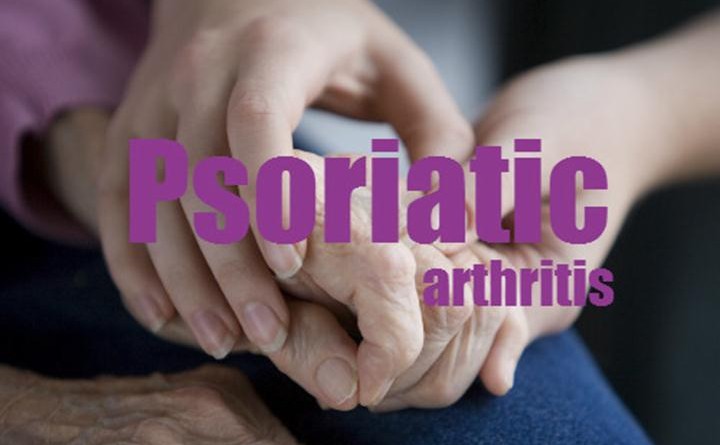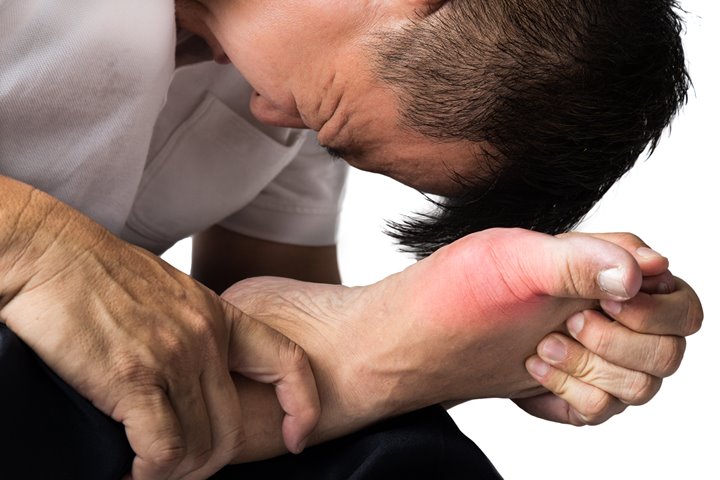Psoriatic arthritis treatment has the goal of reducing pain, decreasing swelling, helping to keep joint mobility, and preventing further joint damage. The decision on the type of therapy depends on the type of psoriatic arthritis (PA), how severe the condition is, and the individual’s reaction to treatment. With appropriate early diagnosis and psoriatic arthritis treatment, doctors can slow down the disease and try to preserve the health of the joints. Severe forms of the disease may be characterized by an early young age onset with multiple joints and the spine being affected. Adequate management of the disease’s effect on the skin may be helpful in the overall management of arthritis. Some psoriatic arthritis treatments can treat both psoriasis and the arthritis component.
Nonsteroidal anti-inflammatory drugs (also known as NSAIDs) are a common type of psoriatic arthritis treatment for joint pain, stiffness, and inflammation. These can be a prescription strength or over-the-counter. For instance, Aspirin may assist in decreasing pain, swelling and stiffness. Both prescription and non-prescription NSAIDs can help with pain, swelling, and morning stiffness of PA. The use of these medications can contribute to lessening any restrictions of daily activities that are often the result of arthritis. However, long-term use of NSAIDs can lead to stomach problems like ulcers and gastrointestinal bleeding. Of course, this is dependent on the strength of the medication and how long the patient has been on them.
Further, NSAIDs that are also COX-2 inhibitors result in fewer stomach problems than other types. However, they cost a little more despite being equally effective as their alternatives. If you think you could benefit from using COX-2 inhibitors, though, talk to your doctor. Antirheumatic drugs (DMARDs) is, on the other hand, a psoriatic arthritis treatment for more severe cases to slow down or stop joint and tissue damage.

Source: lifescript.com
Psoriatic Arthritis Medications
Psoriatic arthritis treatment also comes in the form of systemic prescription medications. Comparatively, these are for moderate or severe cases of psoriasis and arthritis. Moreover, these systemic psoriatic arthritis medications are also handy for those that have been unresponsive to alternatives or unable to apply topical medications or get UV light therapy. Typically, these drugs are in pill, liquid, or injection form. Various types of Psoriatic arthritis medications are available to relieve pain and other symptoms. Surgery may be the last resort for those who have failed to respond to more conservative psoriatic arthritis treatment options. Other treatment options for arthritis include:
- Physical therapy
- Water therapy
- Massage
- Orthotics
- Low-impact aerobic exercises, strength training, and a range of motion exercises can help. Herbal remedies can also be extremely beneficial in getting relief from joint pain and inflammation.
Effective Herbal Remedy for Psoriatic Arthritis Joint Pain
Several herbal remedies have been proven to reduce joint pain and stiffness caused by arthritis. For example, ginger is widely popular as one of the best herbal remedies for arthritic pain and inflammation. Put two tablespoons or so of ginger pieces into a cup of water, bring it to a boil, and let the water simmer for some time. Take this tea once daily.
Also, add freshly grated ginger to your soups and salads. However, be sure not to eat more than 4 grams of ginger a day. Stinging nettle, a perennial herb with medicinal properties, is also effective in treating arthritic joint pain. Thus, drinking nettle tea three to four times a day can help you get relief from arthritic pain. Take the leaves, stem, and the root of the stinging nettle, chop them into small pieces and put them in boiling water. Let the water steep for ten minutes and then strain the tea. Moreover, alfalfa tea is also a good remedy for arthritic joint pain.
Another way to reduce arthritic joint pain is to consume papaya seed tea five times a day. Drink it for two to three weeks. And lastly, raw potato juice can also be an effective herbal remedy for arthritic joint pain. Drink potato juice first thing in the morning on an empty stomach to get relief from your arthritis pain.
Featured Image Source: symptomsof.co
Posted on May 18, 2023




